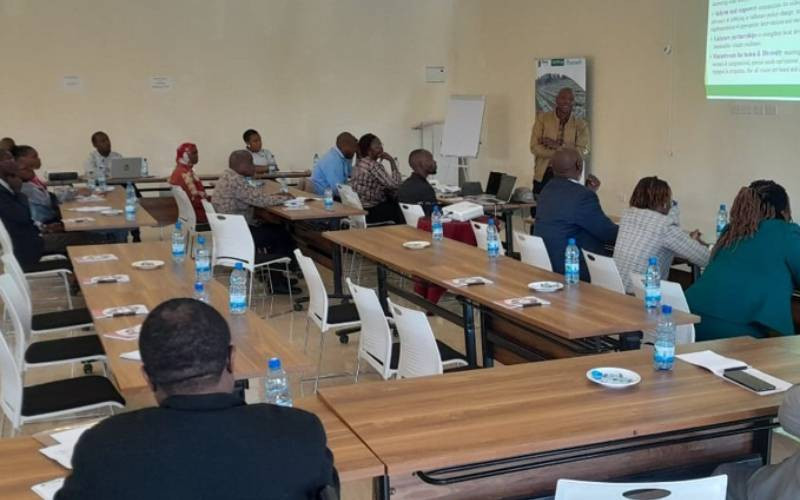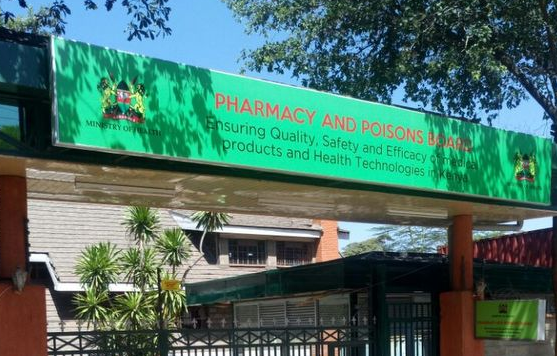
A flooded section of Kenyatta Avenue roundabout after heavy rains recently. [Wilberforce Okwiri, Standard]
The Kenya Meteorological Department (Kenya MET) has issued a warning that the country may experience El Nino conditions from May to August 2023.
In an update on Tuesday, May 16, the weatherman stated that the current rains are expected to intensify into El Nino during the month of May to July.
"Model predictions and expert assessments indicate a moderate probability of a 60 percent chance for the onset of El Nino between May and July 2023. This probability is anticipated to increase to 60-70 percent during June and August, making it highly likely," the weather agency said.
The update also highlights that the El Nino-Southern Oscillation (ENSO) has been following a normal rainfall pattern since March but is projected to transition to El Nino between May and July.
"The tropical Pacific is currently in an ENSO-neutral state. El Nino conditions are expected to persist until the rainfall season of October to December 2023 and may extend into the November to January season," Kenya MET noted.
Kenya last experienced the effects of El Nino in 1997, resulting in exceptionally heavy rainfall and devastating floods.
The subsequent El Nino in 2015 had a higher index but led to lower rainfall, causing less significant effects than initially anticipated.
- Kenya braces for drier than usual conditions in 2025
- How to strengthen public health amid heavy rains
Keep Reading
The recent forecast aligns with a previous warning issued by the World Meteorological Organization (WMO) on May 3.
"Expectations of El Nino's return following a sustained period of La Nina, which lowered global temperatures and caused persistent drought in the Greater Horn of Africa," WMO stated.
"El Nino conditions are likely to persist thereafter, with current forecasts and expert assessments indicating a gradual increase in chances to about 60-70 percent from June to August, 70-80 percent from July to October 2023, while the chances of ENSO-neutral conditions are around 30-40 percent and 20-30 percent, respectively. The current forecasts rules out La Nina development over the next six months."
 The Standard Group Plc is a multi-media organization with investments in media platforms spanning newspaper print
operations, television, radio broadcasting, digital and online services. The Standard Group is recognized as a
leading multi-media house in Kenya with a key influence in matters of national and international interest.
The Standard Group Plc is a multi-media organization with investments in media platforms spanning newspaper print
operations, television, radio broadcasting, digital and online services. The Standard Group is recognized as a
leading multi-media house in Kenya with a key influence in matters of national and international interest.











